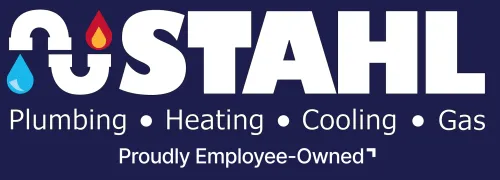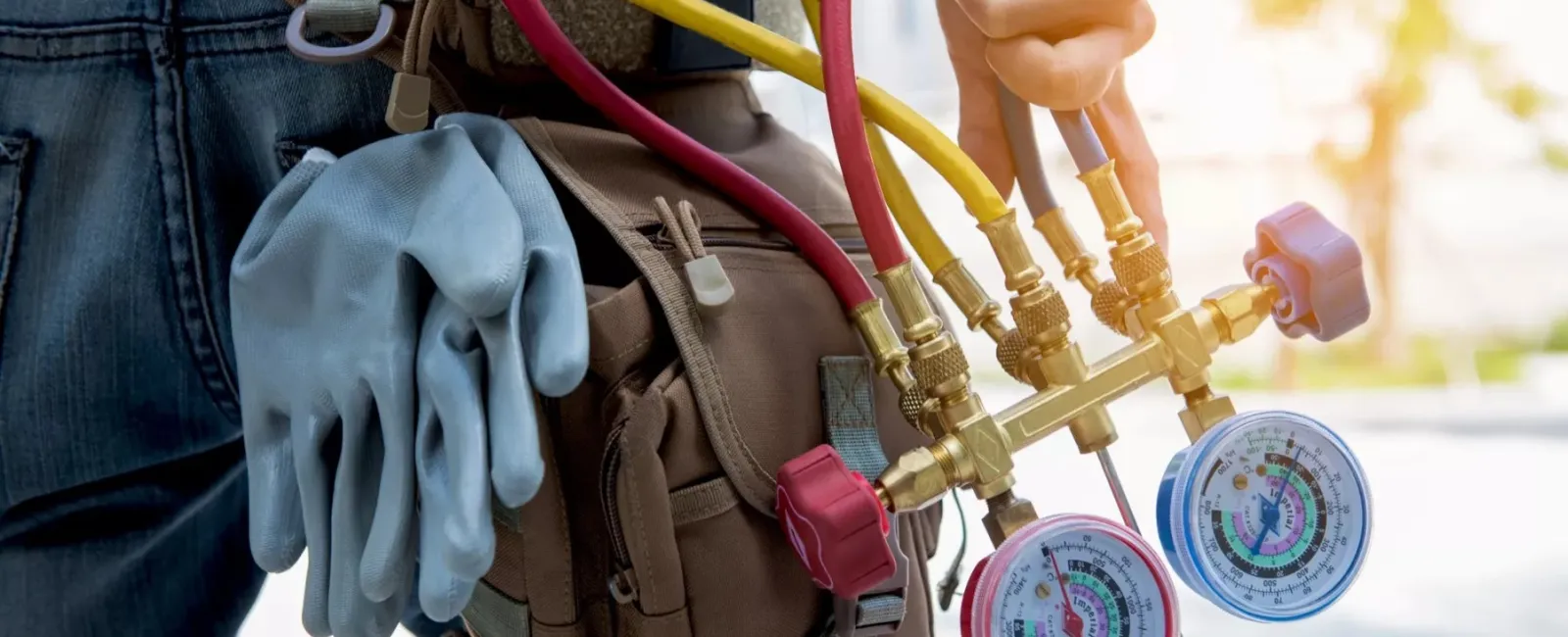 Energy prices for your residence can spike in the summer months, especially if you live in a place that tends to get hotter than 100 degrees Fahrenheit. Everyone is looking for ways to cut costs because it can get expensive really quickly. Here at Stahl Plumbing, Heating & Air Conditioning, we want you to get the most out of your money and that includes helping you adopt some green cooling tips for your residence. Put a few into practice and see how much you save on your monthly bills this summer.
Energy prices for your residence can spike in the summer months, especially if you live in a place that tends to get hotter than 100 degrees Fahrenheit. Everyone is looking for ways to cut costs because it can get expensive really quickly. Here at Stahl Plumbing, Heating & Air Conditioning, we want you to get the most out of your money and that includes helping you adopt some green cooling tips for your residence. Put a few into practice and see how much you save on your monthly bills this summer.
Green Cooling Tips
1. Have your air conditioner serviced. The best way to ensure your unit is functioning efficiently is to have it serviced. Doing this at least once a year can help cut down on costs by preventing your unit from using excessive energy.
2. Cover your windows. People do not realize how much energy escapes through your windows. A simple window covering will reduce the amount of heat that comes inside while keeping your cool air from escaping.
3. Lower the amount of heat you generate inside your home. We know that you have to dry your clothes, but if you wait until the evening hours when the sun goes down or early in the morning, your air conditioning unit will not have to work so hard to combat the additional heat. The same rule applies to your oven and other large sources of heat.
4. Make use of fans inside your home. Not only do fans help with circulation which can help cool your home, there are ways to make them work for you. The summer night air is cooler and if you want to take advantage of it, open a window and place a fan in front of it. The air blowing inside your home will add fresh, crisp night air to the mix. This is not only healthier for you, but also very energy efficient.
5. Change your light bulbs. This is something many people do not consider. Incandescent light bulbs produce a lot of energy. If you switch to energy efficient bulbs, you will save money each month simply from the reduced amount of heat in your home.
6. Turn off lights when you are not in the room. This one seems like common sense, but you would not believe how often it happens. Keeping the lights on when they are not in use generates a lot of excess heat.

